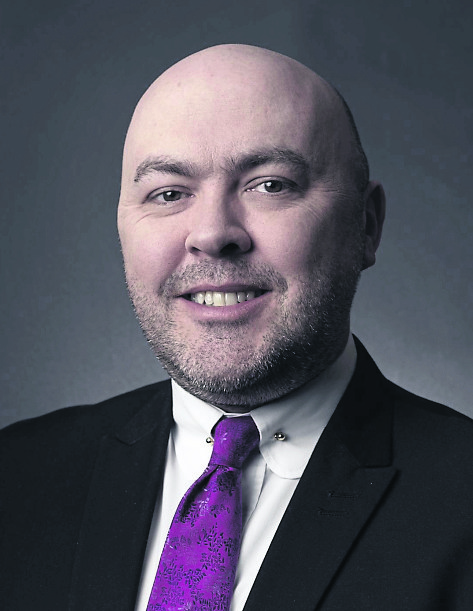ROGUE directors and bankrupts received an early Christmas present on the 17 December 2015 when Lord Faulks QC, Minister of State for Civil Justice, announced that from?April 2016 the way that insolvency litigation has been funded is to change.
Insolvency litigation has been in receipt of something of a reprieve under dramatic changes introduced to no-win-no-fee (or no-win-less-fee) funding arrangements. Typical no-win-no-fee agreements, historically, needed two additional liabilities to make them commercially viable. First, there needed to be a success fee, which paid the lawyers more on the cases they won to cover any cases they may lose; and second there needed to be some form of legal expenses insurance, to cover a client’s risk on legal costs if they lost. If there was no prior insurance, a premium would be incurred. Before April 2013 these additional liabilities could be recovered from the paying party, here the (e.g.) fraudulent director.
The reforms brought in in 2013, commonly known as the LASPO reforms, took away the ability to recover the additional liabilities from the paying party, but not for insolvency cases. The theory behind the LASPO reforms, apart from undoubted pressure from insurance companies, was that it may not be in the public interest for a claimant to have risk-free litigation: why shouldn’t a claim cost a claimant too? The logic given for exempting insolvency litigation was that much of this work was for the benefit of innocent creditors, who had lost at the hands of irresponsible (at best) or criminal (at worst) actions of directors. If the big bad director has had his or her hands in the till, then the big bad director could repay everything, additional liabilities included, to the benefit of the innocent creditors and maximise recovery.
From April 2016 this will change. Insolvency practitioners have until the end of March 2016 to enter into the relevant funding agreements with specialist litigation solicitors, otherwise there will be no chance of recovering these additional liabilities (which will still exist). This will undoubtedly reduce what (for example) a fraudulent director has to pay, which is hard to justify. The potential burn on recovered monies that creditors (us included; as taxpayers, HMRC is often a substantial creditor) will have for distribution is huge. Potentially millions of pounds each year has been suggested.
It will probably mean that cases worth less than £60,000 are likely to become uneconomic to pursue under this sort of funding arrangement. Unless the insolvency practitioner has a private fighting fund and is prepared to justify the financial risk of a claim to creditors, there seems little chance that this money will be recovered. Solicitors used to bear this risk, which was fine for the insolvent estate previously, but now a distasteful, but clear message for fraudulent directors is to hold their breath. On the other hand a clear message for insolvency practitioners is that if there are any cases that may fall within this bracket, to take advice and consider entering into these funding arrangements now, before it is too late.
Kevin Rogers is Partner and Head of the Commercial Litigation Team at Wilson Browne Solicitors. He has lectured to the profession on the question of funding, and Wilson Browne Solicitors hold a coveted delegated authority scheme from Temple, leading national After the Event Insurers.
Temple describes Kevin’s team’s risk assessment as “market leading’. Kevin can be contacted on 01536 410014 or by email to .


